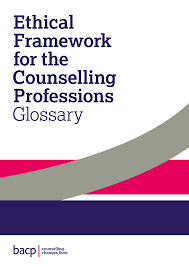CPCAB Level 4
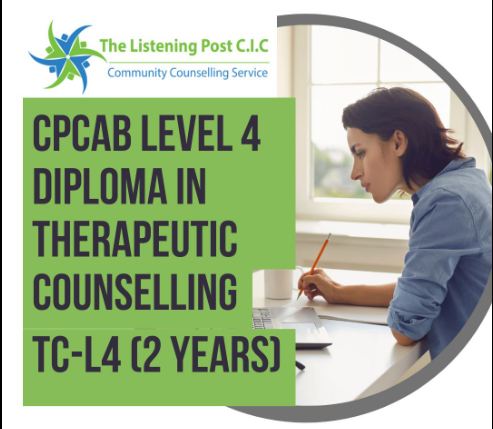
Why do I need to learn about CBT and/or the Person-centred Approach? What can these techniques contribute to my counselling training and practice?This book has some of the answers, showing humanistic, CBT and integrative therapists how to get to grips with each other′s approaches. CBT has become more fully present in the therapeutic landscape and therapists from other modalities are increasingly being required to understand or even train in the approach.Responding to this growing pressure for change, Person-centred therapist Roger Casemore joins forces with Jeremy Tudway. Together they show how counsellors can respect and value each other′s approaches by more clearly understanding the similarities and differences in theory, philosophy and practice. They clarify how therapists draw upon this knowledge in their practice without betraying the values of their core approach.This book is recommended for anyone studying Person-centred or CBT modules on counselling & psychotherapy courses, or experienced practitioners wishing to adapt their practice for NHS settings.Roger Casemore is currently an Associate Fellow in Lifelong Learning at the University of Warwick and has a private practice as a therapist and supervisor of other therapists, based in Worcester.Jeremy Tudway is a Clinical and Forensic Psychologist and a director of Phoenix Psychological Services, Warwickshire. In addition to this he lectures in CBT at the University of Warwick.
Amazon - https://amzn.eu/d/9iQRBJh
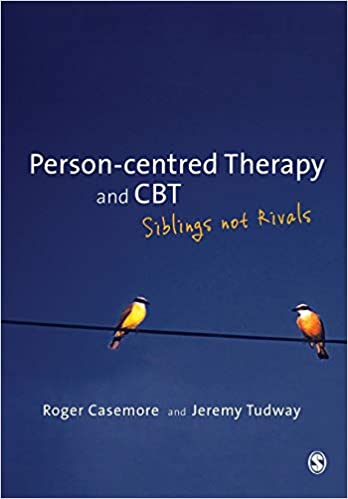
Integrative Counselling Skills in Action, third edition, is a bestselling introduction to the core counselling skills. It takes you step-by-step through the skills and strategies needed at each stage of the counselling process -- beginning, middle and end - using illustrative case examples and providing practical checklists and summaries.New to the third edition:· Negotiating and managing a counselling contract· Using self-disclosure· Preparing for and using supervision· An example of supervision included in extended case study· A new prefaceIntegrative Counselling Skills in Action is used by many thousands of students and practitioners who need guidance on using counselling skills in a variety of helping settings.
Amazon Link - https://amzn.eu/d/gZJgvXc
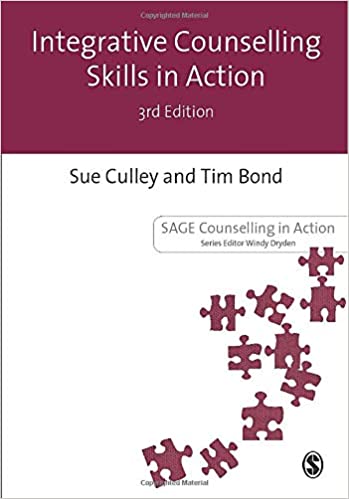
It is now 25 years since the first edition of Person-Centred Counselling in Action appeared, offering the definitive exposition of the theory and practice of the person-centred approach. Since then the book has supported and inspired hundreds of thousands of trainees and practitioners worldwide. This important Fourth Edition maintains the book′s accessibility, clarity and verve whilst incorporating new developments in the approach. John McLeod joins authors Dave Mearns and Brian Thorne to contribute an exciting new chapter on research relevant to the person-centred field.Person-Centred Counselling in Action, Fourth Edition will be an invaluable resource for those embarking on their first stages of training. Well-established practitioners and even seasoned scholars will continue to find much to interest and stimulate them. Dave Mearns is professor of counselling and retired Director of the Counselling Unit of the University of Strathclyde. He has written seven books including Working at Relational Depth in Counselling and Psychotherapy (with Mick Cooper) and is co-editor of the international journal, Person-Centered and Experiential Psychotherapies.
Amazon link - https://amzn.eu/d/eubgG3H
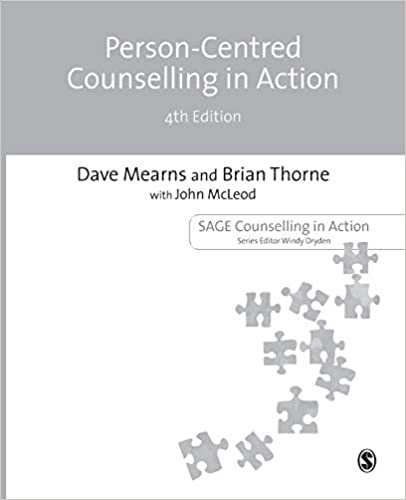
This best-selling, practical, evidence-based guide to the cognitive behavioural approach takes you step-by-step through the process of counselling, from initial contact with the client to termination and follow up. The book follows a skills-based format based around the Bordin and Dryden model of bonds, goals, tasks and views, with expanded case material to further illustrate links between theory and practice.This third edition includes new content on:· the working alliance – what it is and why it is so important· challenges and pitfalls in the counselling process· when to challenge and when not to challenge clients beliefs
· emotional problems such as shame, guilt and jealousy as well as anxiety, depression and anger.Drawing on their own extensive experience and contemporary research, the authors provide a concise overview of the cognitive behavioural approach, with new material on emotional problems rarely covered in practitioner guides, a strong emphasis on the therapeutic alliance, and updated bibliographic references throughout.
Amazon Link - https://amzn.eu/d/dLxR1cN
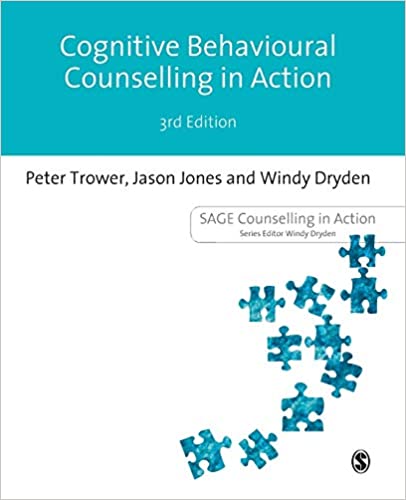
BACP Ethical Framework for Good Practice in Counselling & Psychotherapy
Available for download - https://www.bacp.co.uk/media/3101/bacp-ethical-framework-2018-glossary.pdf
